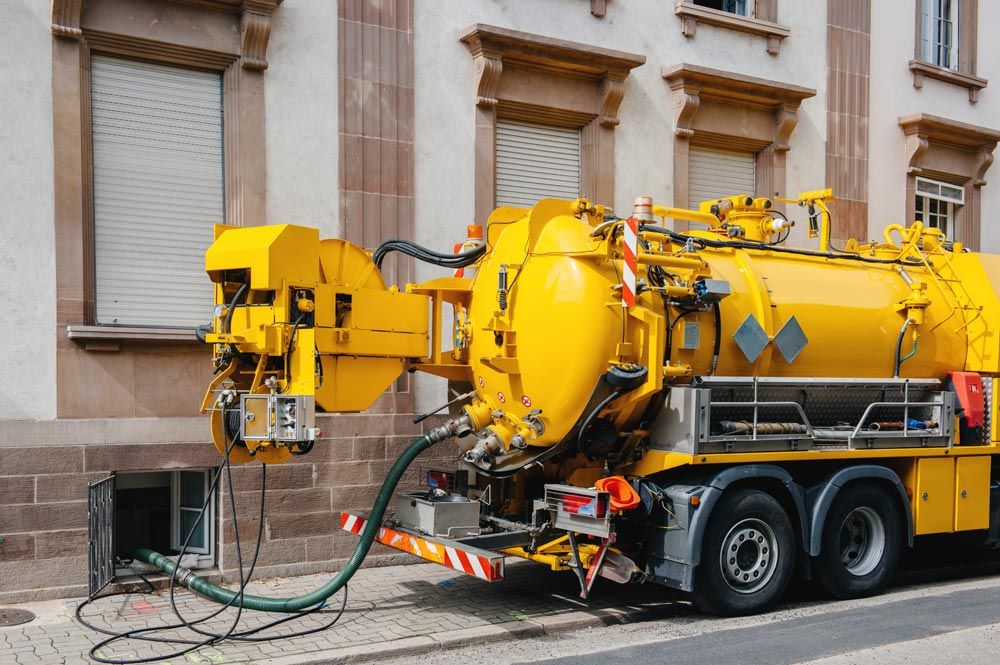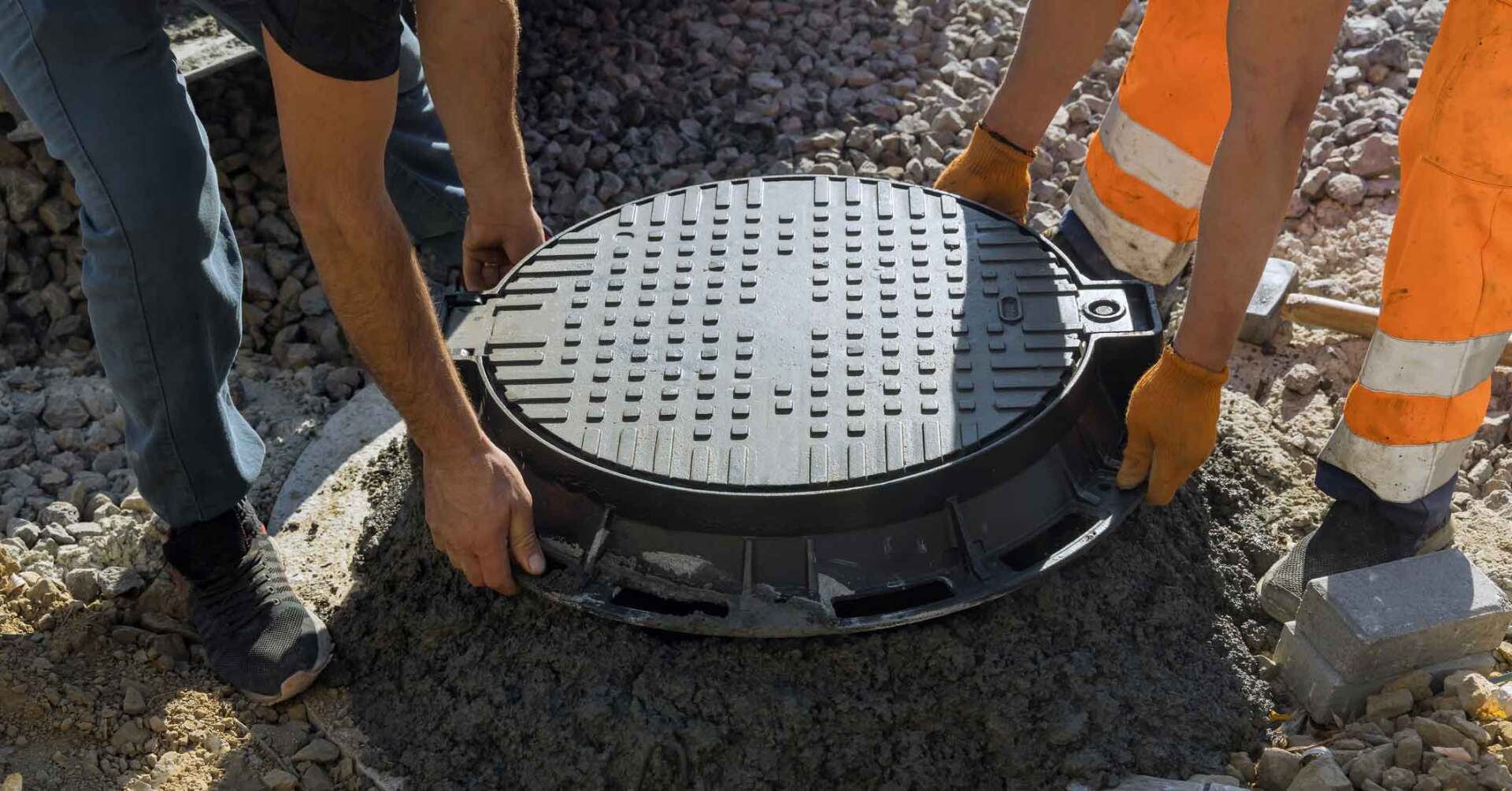2 Reasons a Septic System Fails
- By Admin
- •
- 06 Jan, 2021
- •
If you are one of over 21 million homeowners that use a septic system, you may have experienced problems associated with this type of waste disposal system. Slow drains, sewer backups, spongy ground, sewer smells around the site, and gurgling plumbing are classic signs of a septic system near or at failure.
Most septic systems should rarely cause you grief, but problems still occur to residential users. With the right knowledge, however, you can avoid expensive, inconvenient, and stinky events that indicate a system failure. Read on to learn more about two main reasons your septic system fails.
1. Bad Design or Construction
How can you expect a system to function flawlessly when there is a defect in its design or construction? The truth is, bad design or construction ultimately results in a future septic problem.
A key component in a successful system is the soil. Ground that is too compact after new construction or dense and impermeable cannot allow percolation, an important function of the drainfield. On the other hand, ground that is too coarse or contains too much gravel requires a couple feet of sand to slow permeation. Fast drainage lets wastewater reach groundwater too quickly, before aerobic activity can take place and kill microbes.
Sometimes a poorly placed drainfield leads to failure. Drainfields must reside downslope of a home but take into account placement of the driveway, utility lines, and outbuildings. Also, drainfields must be sized accordingly to household needs and soil type. For example, a drainfield in less permeable soil is acceptable as long as the size is increased to accommodate percolation and prevent overflow.
2. Little or No Maintenance
You cannot ignore your septic system and expect your toilets to flush without problems. Many homeowners end up paying little attention to their system until an emergency forces them into action. Instead, contact a septic maintenance service to handle the maintenance for you. The EPA recommends a professional inspects your system annually, with a septic pump every 3-5 years.
Your household can enact a maintenance plan simply by how you utilize your system with regards to water use and what you put down the drain.
- Use energy-efficient appliances whenever possible to minimize the amount of water that ends up in the septic system.
- Look for low-flow shower and faucet heads and low-flush toilets.
- Dispose of garbage the right way and don't flush it down the toilet - only flush human waste and toilet paper.
- Never pour chemicals into a sink drain that interfere with microbial activity, such as paint, toxic cleaners, and grease.
Maintenance does not have to be complicated or inconvenient. In fact, the best way to maintain a septic drainfield is to simply leave it alone. This means don't park cars or drive heavy vehicles over it, which can compact the soil and create problems. Also, don't plant trees or shrubs directly over a drainfield. Roots can quickly breach and weaken the integrity of a septic system. Instead, ask a professional the best location for new plant life on your property.
Maintenance is one of the most important ways you can ensure your septic system performs without any unexpected or odorous surprises. Stick to a proactive water usage schedule that does not overload a system with too much water. Water that backs up or slows at the drain means you should slow your usage.
Despite the best maintenance plan, a septic system may experience repeated problems if it is a poor design or of poor construction. In this case, it may be time for serious alterations or repairs. Contact the professionals at The Nibbler Company. We have experience with a range of septic systems and offer multiple solutions to your septic problems.



